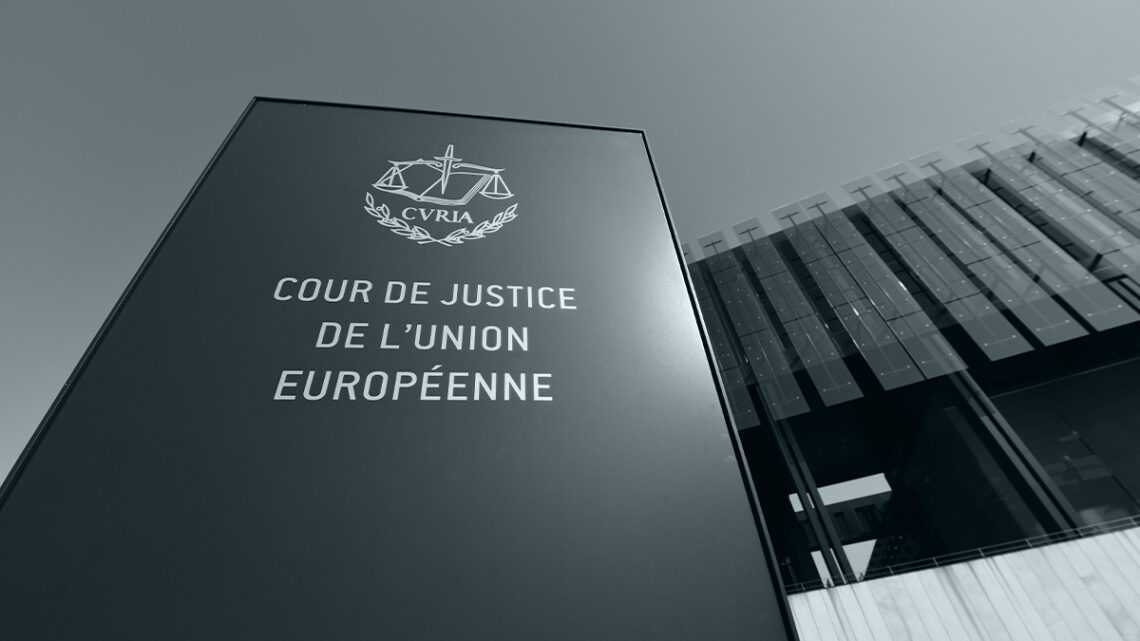
On the 4th October, the Advocate General of the Court of Justice of the European Union (CJEU), Mr Antony Michael Collins, delivered an opinion on the court case which the European Commission brought against Malta in relation to the granting of citizenship by investment (Case C‑181/23). In Malta, it is possible for individuals to apply for citizenship by investment through the Granting of Citizenship for Exceptional Services Regulations.
During the first hearing, Malta confirmed that during the granting of citizenship for exceptional services by direct investment process, a one year or three-year legal residence is required. The European Commission on its end confirmed that its main complaint is based upon the existence of a requirement under European Union Law that there must be a genuine link between the country granting citizenship and the person receiving it, in order to preserve the integrity of EU citizenship. Hence the European Commission is seeking a ruling by the Court that by establishing a citizenship by investment regulations for pre-determined investments mentioned in Maltese law, without a requirement of a genuine link, Malta is failing to fulfil its obligations under Article 20 TFEU and the principle of since cooperation between EU Member States.
European Union Citizenship
EU citizenship is established by Article 20 (1) TFEU. In accordance with this article any individual holding citizenship of a member state shall be also a citizen of the European Union. Article 9 TEU further provides that EU citizenship is additional to and does not replace national citizenship. Declaration number 2 on nationality of member states annexed to the Treaty on European Union, makes it clear that ‘wherever in the Treaty establishing the European Community reference is made to nationals of the Member States, the question whether an individual possesses the nationality of a Member State shall be settled solely by reference to the national law of the Member State concerned’.
Article 9 TEU, Article 20(1) TFEU and Declaration No 2 do not allow institutions of the European Union or Member states, the right to to introduce any conditions for the recognition of the citizenship of another Member State.
The role of the Advocate General
The office of the Advocate General was introduced under the Treaty of Rome. Advocates General are members of the Court of Justice of the EU, and are appointed under the same procedure as judges, however unlike judges they only have an advisory role and do not take part in the decision making process of the Court. The Advocate General assists the court by writing impartial opinions which although not binding are often followed by the CJEU.
Advocate General Opinion
In his opinion, Advocate General Anthony Collins held that in a spirit of mutual respect and trust, European Member States have agreed to abide by the decisions of each other as to whether an individual holds the nationality of a Member State and, therefore, EU citizenship.
It follows that while a Member State, in accordance with its own domestic citizenship laws, may require proof or evidence of a genuine link, there is no definition or requirement of such under European Law. EU law accepts such a requirement under the national law of Member States in the context of withdrawal and revocation of citizenship, provided the principle of proportionality is respected and certain procedural guarantees are afforded to the individual affected.
When it comes to International Law, Advocate Collins held that it is true that in the Nottebohm Judgement, the International Court of Justice confirmed that a country may refuse to recognize nationality granted by another country, in the absence of a genuine link or connection, however such a ruling is limited to allowing States to withhold recognition of nationality granted in the absence of a genuine link between a person and the State of which she or he claims to be a national. It does not oblige countries to require that such a connection exists either between them and their own nationals or between other States and their nationals.
The Nottebohm judgment also confirmed that the requirements for the granting of citizenship are a matter for individual states, hence there is no significant difference between EU and international law on the requirement of a genuine link as neither imposes such a requirement.
It follows that, in the opinion of the Advocate General, the European Commision has failed to prove that in order to lawfully grant citizenship, Article 20 TFEU requires the existence of a ‘genuine link’ between a Member State and an individual other than that which a Member State’s domestic law may require. On this point, it is important to point out that Maltese citizenship rules do require applicants to demonstrate “evidence of personal, commercial, financial ties with the country”, in addition to satisfying the minimum investment criteria of the rules.
Key Takeaway
The opinion of the Advocate General reinforces the notion that citizenship remains the exclusive and sovereign right of each Member State provided it does not undermine or breach EU law. Hence citizenship by investment regulations, such as Malta’s are in accordance with EU law as long as the appropriate safeguards and due diligence processes are in place, in order not to disrupt the principles of trust and cooperation between Member States.
Another important takeaway in the opinion was that while the competence to grant nationality is reserved to the individual Member, the withdrawal of European citizenship is subject to a number of identifiable constraints. Arising from concerns that the revocation of national and hence EU citizenship, may render individuals stateless and deprive them of rights granted under the Treaties and the Charter, EU law guarantees a minimum standard of legal protection to persons who find themselves in such circumstances
What happens next?
Is it important to point out that the Advocate General’s Opinion is not binding on the CJEU but such opinion proposes to the court, a legal independent solution to the case in front of it. The Judges of the Court of Justice will now deliberate on the case and give a final judgement at a later date.







